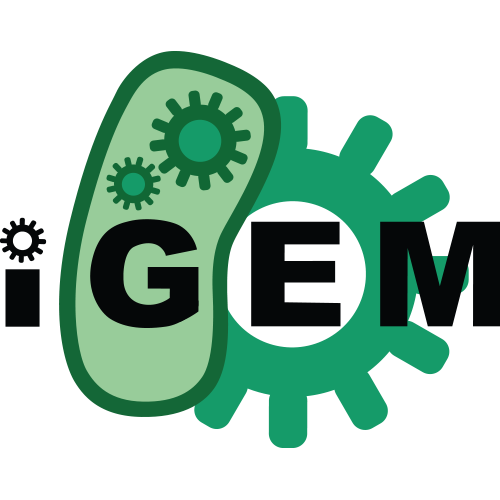Source:
Generated By: https://synbiohub.org/public/igem/igem2sbol/1
Created by: Patrik D
Date created: 2014-10-10 11:00:00
Date modified: 2015-05-08 01:10:51
Bovine kappa casein (B variant) with full alpha-factor yeast secretion signal
| Types | DnaRegion |
| Roles | Coding CDS |
| Sequences | BBa_K1531005_sequence (Version 1) |
Description
Kappa casein is one of four major caseins (cheese proteins) found in bovine cheese. It serves a key function in the formation and coagulation of casein micelles in milk. Kappa casein has a hydrophobic head and a hydrophilic tail, causing it to coat and stabilize the casein micelle. Chymosin (one of the main enzymes in rennet, used to make cheese from milk) cleave the hydrophilic tails off the Kappa casein, causing the micelles to cluster together in a 3D gel network that we call cheese.At least 11 different genetic variants of bovine Kappa casein have been identified and characterized, with some of them being associated with differences in coagulation time, and/or health effects. We have decided to focus on the B allele, which is associated with improved milk coagulation, and potential health benefits.
The coding sequence for this gene is preceeded by a full yeast alpha factor, for secretion of the protein product out of the yeast cell. In addition, the entire construct is flanked by SapI restriction sites, for cloning into with DNA2.0' Electra system.
Notes
The DNA sequence was codon optimized for expression in S. cerevisiae, using IDT's codon optimization tools, followed by manual editing of a few codons to avoid specific restriction sites.Source
Bos taurus sequence, from http://www.ncbi.nlm.nih.gov/protein/AAQ87923.1| Sequence Annotation | Location | Component / Role(s) |
| SapI start codon alpha factor yeast secretion signal bovine Kappa casein stop codon SapI | 1,11 9,11 12,275 276,785 783,785 786,796 | sequence_feature feature/misc start_codon feature/start feature/tag tag CDS feature/cds stop_codon feature/stop sequence_feature feature/misc |
